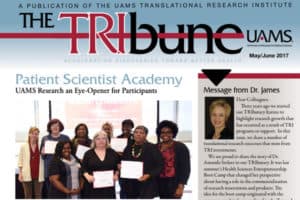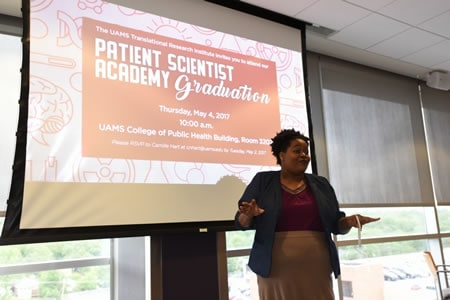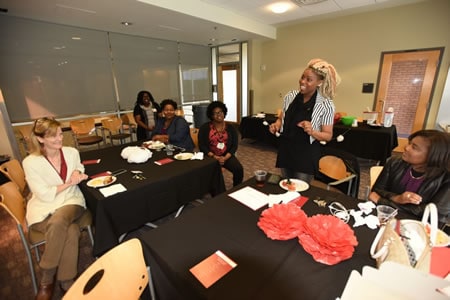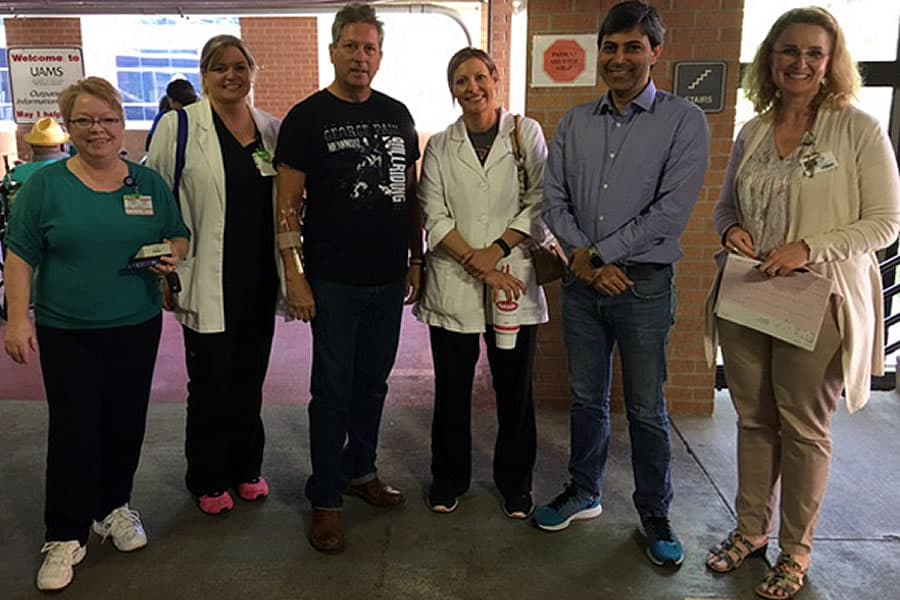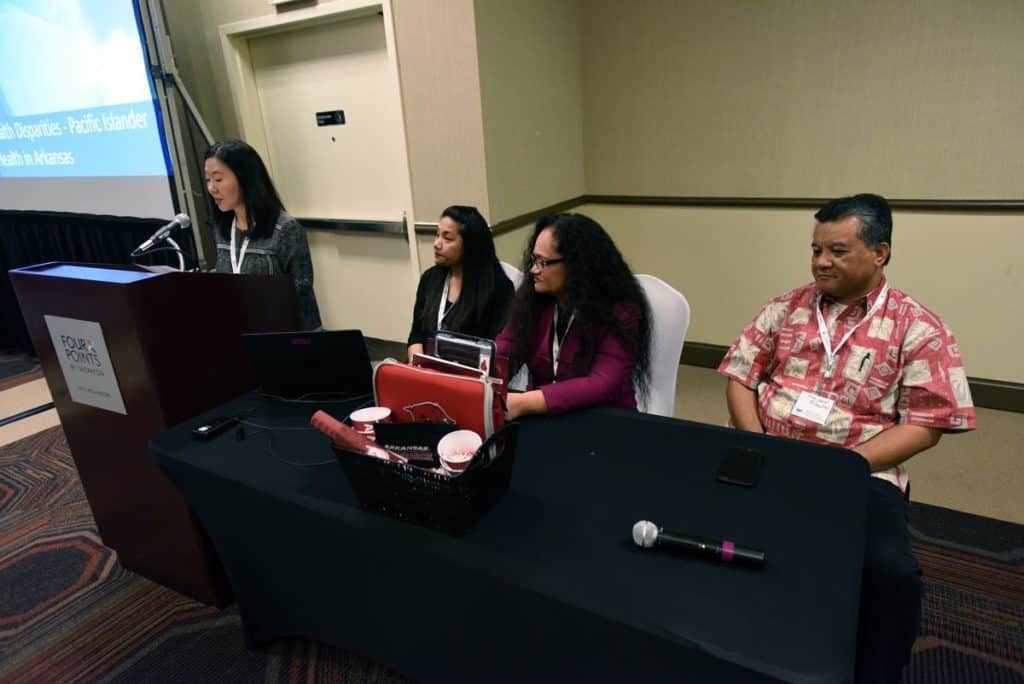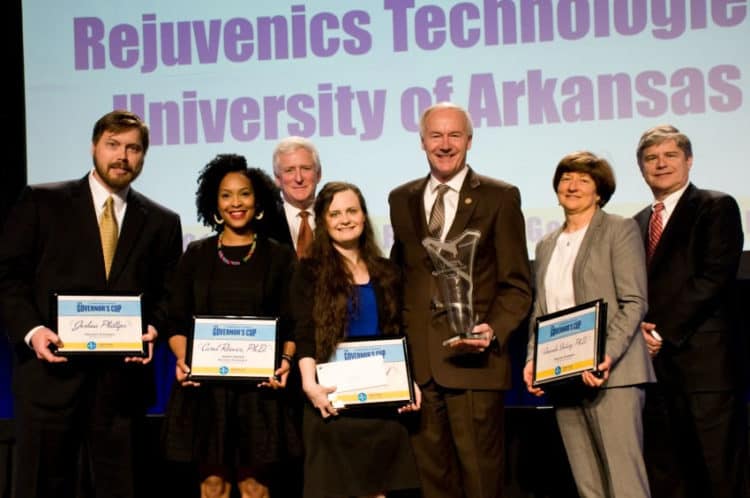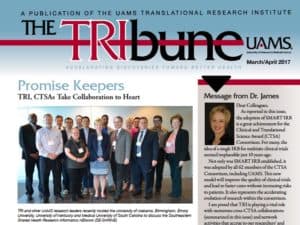First NCATS Day Demonstrates Commitment to Patients Through Smarter Science

To gain more insight about patients’ needs and discuss opportunities to integrate the patient perspective into translational research, NCATS convened the first NCATS Day on June 30, 2017, on the NIH campus in Bethesda, Maryland. More than 150 people attended, including patients, their families and other caregivers, and representatives of more than 75 patient and disease advocacy groups.
With a theme of “Partnering with Patients for Smarter Science,” the all-day event enabled participants to learn more about NCATS and research supported by the Center. It also served as a forum for NCATS staff and researchers to hear directly from patients about their needs, establish new communication channels or strengthen existing ones and identify ways to enhance patient participation in research.

